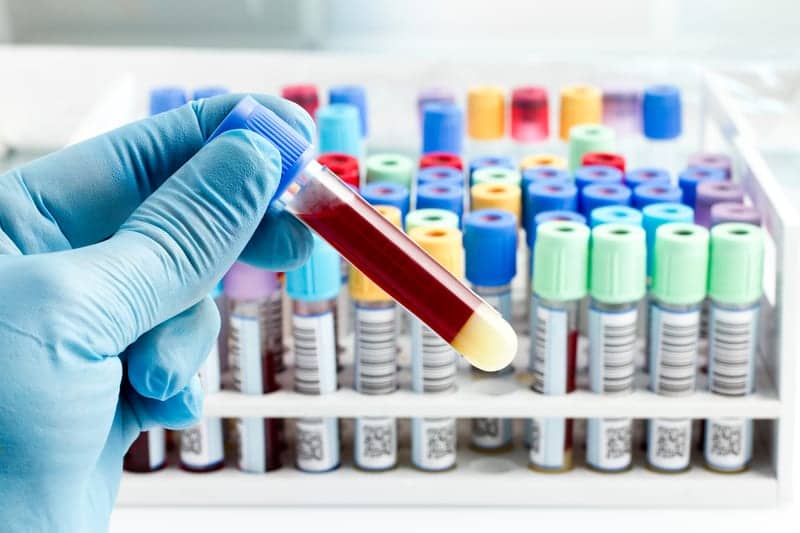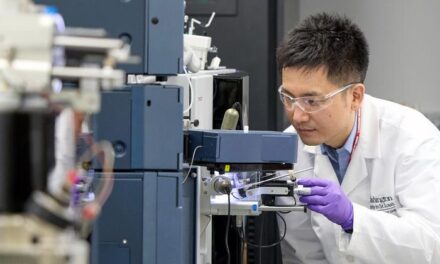Summary: The University of Kansas Alzheimer’s Disease Research Center and Brigham Young University are conducting a validation study on a blood test designed to detect early neurodegeneration in Alzheimer’s disease.
Takeaways:
- Innovative Blood Test: BYU’s blood test analyzes cell-free DNA and methylation markers to identify early neurodegeneration in Alzheimer’s disease and related conditions.
- Comprehensive Dataset: KU ADRC is contributing 775 longitudinal samples collected over 12 years, enabling researchers to track cell-free DNA changes over time.
- Collaboration Goals: The study aims to validate the blood test’s accuracy and sensitivity, advancing early diagnostics and the development of Alzheimer’s treatments.
The University of Kansas Alzheimer’s Disease Research Center (KU ADRC) has partnered with Brigham Young University (BYU) to perform a validation study of a blood test that may detect early neurodegeneration in Alzheimer’s disease.
Developing the Alzheimer’s Blood
The partnership aims to monitor the progression of Alzheimer’s and aid in the development of new diagnostics and treatments.
Being developed at BYU, the blood test is designed to identify cell-free DNA, which are small fragments released when brain cells die. These fragments contain epigenetic and DNA sequence markers such as methylation, which are crucial in regulating gene activity.
Leveraging technology licensed to biotechnology company Resonant, BYU researchers will analyze cell-free DNA methylation to identify early signs of neurodegeneration.
Assessing Neurodegenerative Diseases
KU ADRC is contributing 775 longitudinal samples of the disease, gathered across up to 12 years, to facilitate this analysis. This extensive dataset will allow researchers to observe changes in cell-free DNA measures in blood over time.
The researchers aim to identify and quantify cell-free DNA from neurons affected by this condition and other neurodegenerative diseases by examining methylation patterns.
Initial research by BYU cell biology and physiology associate professor Timothy Jenkins has indicated that higher levels of cell-free DNA from cortical neurons correlate with Alzheimer’s and mild cognitive impairment that progresses to the disease.
The team has enhanced its detection methods for improved accuracy and sensitivity. With the KU ADRC samples, they plan to validate the test’s efficacy using a larger sample size and over an extended timeframe.
“We are bringing together the best of both worlds: the work we have done to collect these samples and data over time and the work BYU has done with this promising measure that is really cutting-edge,” says KU ADRC Co-Director Jeffrey Burns. “This is why we collect these data and why people participate — and now it really enables us to move the science forward.”
“KU ADRC partners with BYU for Alzheimer’s blood test study” was originally created and published by Medical Device Network, a GlobalData owned brand.





